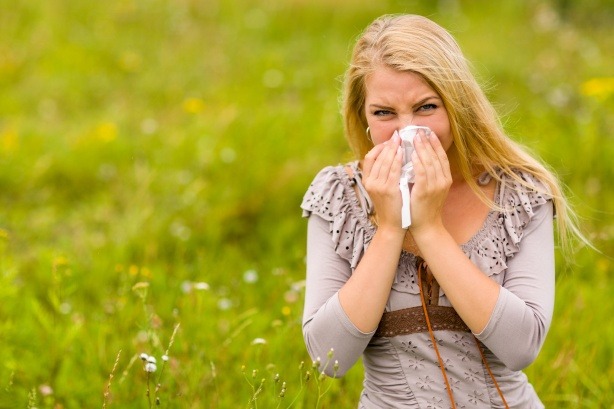Global warming will lead to "an increase in the amount of pollen," causing respiratory discomfort or allergies, warned three monitoring networks in their annual report published Tuesday. "Global warming and rising temperatures lead to an increase in pollen levels," according to the Federation of Air Quality Monitoring Associations (Atmo France), the National Aerobiological Surveillance Network (RNSA) and the Association of Sentinel Pollinarium of France (APSF).
In 2018, this observation was confirmed through birch pollen records reaching an abnormal peak of concentrations during April, adds the report. " According to simulations made by the RNSA, the effects of climate change on pollens are likely to increase in the future ".
During the winter, cold and rainy weather conditions have limited the dispersal of pollen from hazel, alder and ash. However, an exceptional heat episode in April allowed birches to bloom under very favourable conditions leading to record-breaking quantities of this pollen.
A quarter of the population is affected by respiratory allergies, 50% because of pollen and 10% because of mould.
The Brussels Times

